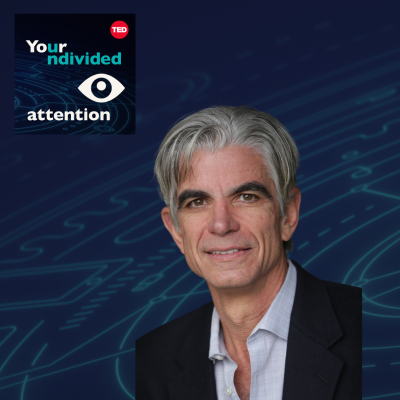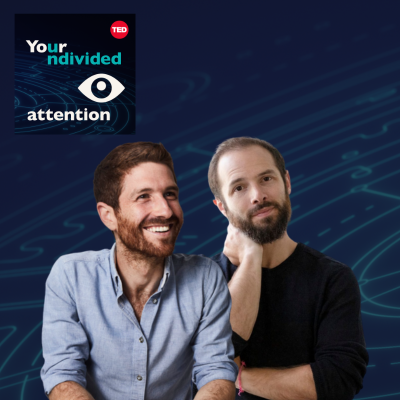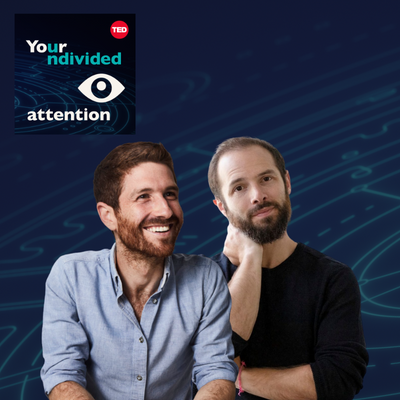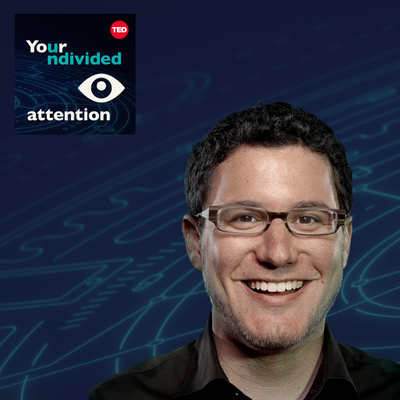Episode 71 | Jul 6, 2023
Big Food, Big Tech and Big AI with Michael Moss
In the next two episodes of Your Undivided Attention, we take a close look at two respective industries: Big food and social media, which represent dangerous “races to the bottom” and have big parallels with AI.
And we are asking: what can our past mistakes and missed opportunities teach us about how we should approach AI harms?
In this first episode, Tristan talks to Pulitzer Prize-winning journalist and author Michael Moss. His book Salt, Sugar, Fat: How the Food Giants Hooked Us rocked the fast food industry when it came out in 2014.
Tristan and Michael discuss how we can leverage the lessons learned from Big Food’s coordination failures, and whether it’s the responsibility of the consumer, the government, or the companies to regulate.
Major Takeaways
Why are we talking about food on a tech podcast? There are notable differences between the processed food industry Michael Moss writes about and the AI race. But Michael’s work around Big Food can be a really powerful lens for considering this explosive AI moment as both Big Food and Big Tech are driven by manipulation of basic human instincts.
The amount of behind-the-scenes engineering that goes on in the food industry is similar to the tech industry. Food engineers leverage concepts like ‘bliss points,’ ‘mouth feel,’ and ‘flavor burst’ sensations when making their products - just like software engineers who A/B test all the variations of their products before pushing them live. There’s a massive asymmetry of power and resources in both industries.
Just as in tech, solutions are available in the form of regulation and litigation. Both Big Tech and Big Food make addictive products, and the companies are culpable. Food labels are indecipherable to the lay consumer and include many alternate names for unhealthy ingredients like sugar. A comparable issue on the tech side is the largely nonexistent ability to study amplification rates that go into the algorithms of addictive products like TikTok. One of the more effective solutions is levying taxes to discourage the purchase of unhealthy foods. We need similar transparency requirements for our technology as well.
Coordination mechanisms will help bad actors do a better job. There’s some good news in the processed food conversation - like the vibrant sparkling water market which offers soda alternatives and the rising popularity of food chains that are focused on healthier options like salads. We don’t have evil companies or a lack of consumer will; we have a coordination problem. We need to be aware of the unhealthy races around us in order to see and understand the underlying incentives that motivate them.
Other recommended reading
Salt Sugar Fat: How the Food Giants Hooked Us
Michael’s New York Times bestseller. You’ll never look at a nutrition label the same way again
Hooked: Food, Free Will, and How the Food Giants Exploit Our Addictions
Michael’s Pulitzer Prize-winning exposé of how the processed food industry exploits our evolutionary instincts, the emotions we associate with food, and legal loopholes in their pursuit of profit over public health
Control Your Tech Use
Center for Humane Technology’s recently updated Take Control Toolkit



